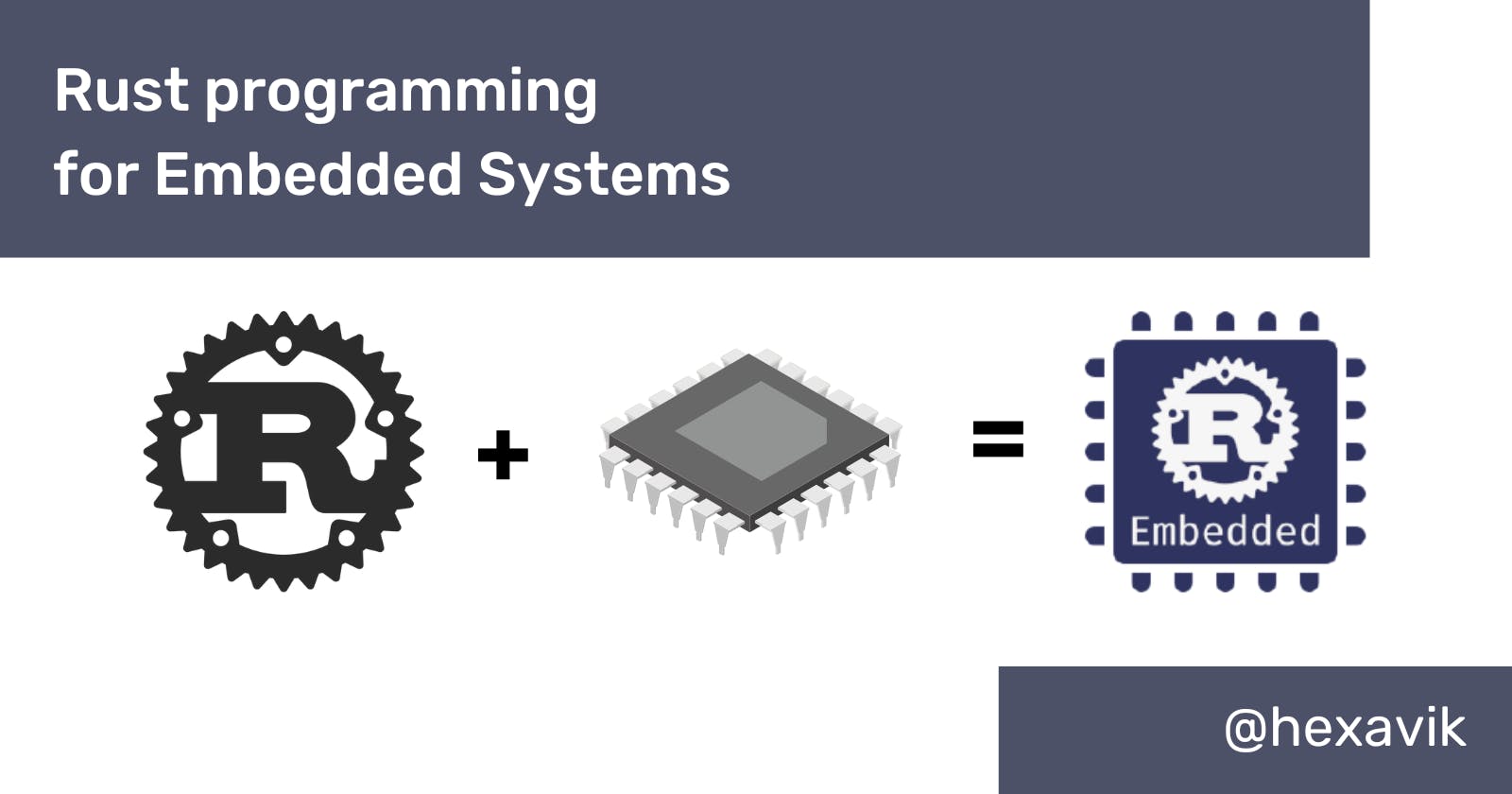Greetings, Rustaceans!
Because they are both low-level and more swiftly executed, C and C++ are the most frequently utilized programming languages when we talk about embedded systems. However, C and C++ are older (in terms of their origin, not their usefulness), and there is hardly any chance that they will be updated to match future requirements because technology is developing more swiftly than before.
Given that embedded system devices are also a dynamic domain, Rust is being developed for the security and quicker execution of programs in a variety of domains. Let's rapidly comprehend how and why rust, in addition to C and C++, can be utilized for embedded systems.
Reasons for Rust? It offers the following features
Performance
Reliability
Productivity
Why Rust for embedded devices?
Statically typed and strongly typed
Embedded devices totally depend on the I/O pins, so it requires dedicated pin configuration so that it won't be used by another part of your application. Rust is statically typed and strongly typed so the guaranteed pin configuration is maintained at the compile time only.
Memory safety and memory management
Rust's important feature is that it is better than other programming languages in most use cases of memory safety. Rust doesn't have garbage memory collection so one can use a global allocator and dynamic data structure, to avoid segmentation faults or core dump issues. Both stack and heap are used independently in Rust.
Concurrency
Thread safety and management is also crucial and important aspect of multi-tasking-based embedded applications. Rust has different concurrency abstractions for various use cases, which provides the ability to maximize performance and minimize errors in a robust way.
Interoperability
Can be interfaced or integrated into existing C or C++ codebase. For this purpose, there are two dedicated modules in the stdlib called std::ffi and std::os::raw. This is possible because the memory layout between Rust and C/C++ is similar enough or the same.
Portability
Write once and use it with a variety of systems, as it allows cross-compiling, to build a binary in one architecture and can be used in multiple architectures. Support is being added and upgraded for microcontrollers and microprocessors.
Community is keep growing
As part of the Rust open source project, support for embedded systems is driven by a best-in-class open source community, with support from commercial partners. (Source: rust-lang.org)
